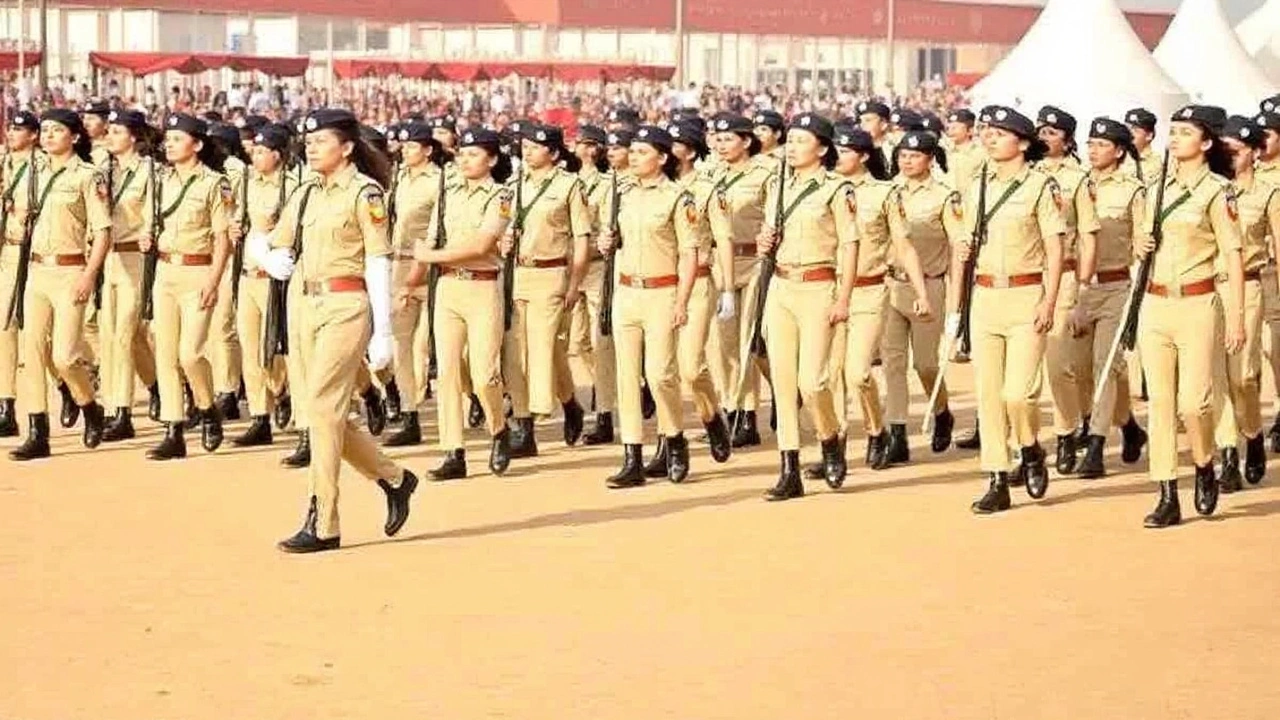International Women’s Day – News, Stories & Analysis
Every year on March 8, the world pauses to celebrate the progress women have made and to call out the gaps that still need closing. At Progressive Broadcast Circle News we gather the most relevant stories, from breakthrough sports moments to policy updates, so you get a clear picture of why this day matters.
Celebrations & Events Around the World
From street parades in Delhi to art installations in New York, cities are marking IWD with a mix of culture and activism. In India, the Ministry of Women and Child Development organized a virtual summit featuring entrepreneurs who turned traditional crafts into export‑ready products. The session attracted over 20,000 live viewers and sparked a surge in orders for women‑run cooperatives.
Meanwhile, Europe’s “Equal Pay Now” march drew crowds in Berlin and Paris, demanding transparent salary data. Organizers reported a 30 % increase in petition signatures compared with last year, showing growing public pressure on governments and corporations.
Sporting events also took center stage. Ireland Women’s cricket team crushed the Netherlands in the T20 World Cup Europe Qualifier, a win that highlighted the rising competitiveness of women’s cricket. In badminton, India’s PV Sindhu faced a first‑round exit at the Japan Open, prompting a candid interview where she stressed the need for better mental‑health support for athletes.
Why International Women’s Day Still Matters
Progress is real, but the numbers remind us it’s far from complete. According to the latest UN gender gap report, women still earn about 23 % less than men for comparable work. In many parts of the world, legal barriers still block women from owning land or starting businesses without a male guardian.
These gaps are why the “#BreakTheBias” campaign, launched last year, is gaining traction on social media. The hashtag has been used in over 1 million posts, many of which share personal stories of discrimination and triumph. When you read a post about a single mother in Delhi who started a solar‑panel business, you see the concrete impact of policy changes that support micro‑loans and training.
Education is another pillar. UNESCO data shows girls are three times more likely to stay in school when community mentors are involved. Several NGOs featured on our site have rolled out mentorship programs that pair high‑school girls with women professionals in tech, law, and media.
All these pieces—policy, sports, culture, and grassroots action—show that International Women’s Day isn’t just a date on the calendar. It’s a reminder that each story adds up to a broader push for equality.
So whether you’re looking for a quick read on the latest IWD rally, an in‑depth interview with a women’s rights leader, or tips on how to support local women‑run businesses, you’ll find it here. Bookmark this page, share the stories that move you, and join the conversation that keeps the momentum going all year long.
